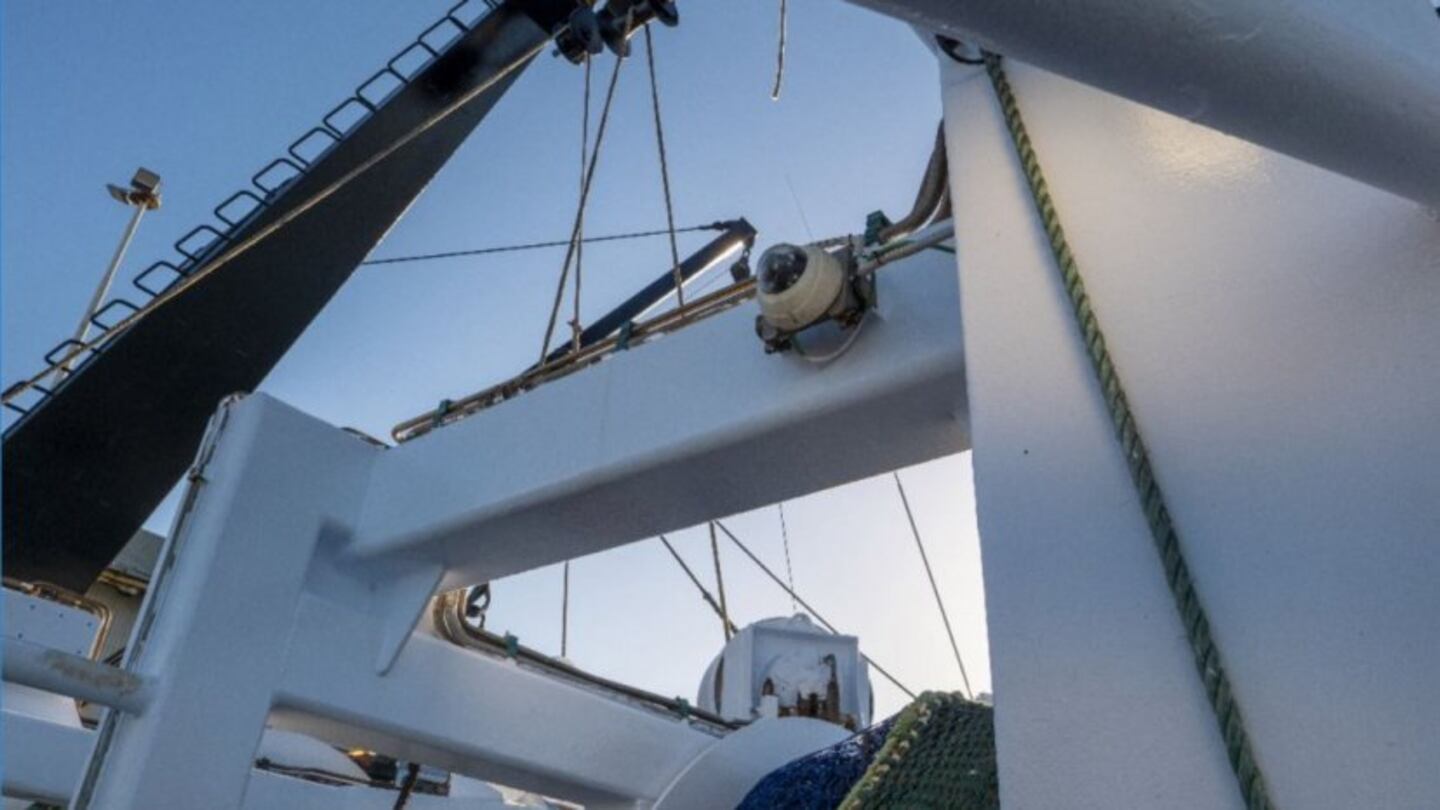Photo / Supplied
NZ's largest Māori-owned fishing company Moana New Zealand is claiming the government has "seriously neglected" Māori interests in plans to install cameras on up to 300 inshore fishing vessels by 2024.
"We support the initiative and see it as positive, but we are concerned about the inadequate inclusion of Māori, both in terms of people and perspective, in the consultation process," Moana New Zealand CEO Steve Tarrant said in a statement Friday.
Fisheries Minister David Parker's office has been approached for comment.
Parker announced plans for on-board cameras in June last year in a government commitment to protect the natural marine environment for future generations.
“New Zealand's marine ecosystems contain many species that are found nowhere else in the world. It's imperative that we improve the data we gather, and more effectively measure how many fish are caught, to ensure more sustainable and environmental fisheries for future generations,” Parker said at the time.
“On-board cameras will provide independent, accurate information about commercial fishing activity. That will provide greater certainty and more evidence on which to base decisions about policy and regulation, scientific research, and fisheries management.”
“The roll-out will be staged to prioritise those vessels that pose the greatest risk to protected species such as Hector’s and Māui dolphins, black petrels and Antipodean albatross. When complete, cameras will record activity on vessels responsible for about 85 per cent of the inshore catch by volume,” said Parker.
Moana New Zealand says the Ministry for Primary Industries has more work to do before it presses go on the camera rollout.
“There has been no time to test the merits and the pitfalls of the oceans reform agenda as a package, which flies in the face of everything we stand for as a Māori business and how we operate.”
There is also a risk that costs to roll out and operate the cameras will have the effect of undermining the treaty settlement, Moana New Zealand says.
“The $68m price tag to implement cameras on inshore will directly impact Māori and Iwi quota owners."
These costs will directly impact the value of quota and settlement assets, undermining what was agreed on in the treaty settlement, the statement says.
Moana New Zealand, which says it has voluntarily had cameras onboard its entire inshore contract trawl fishing fleet for the past eight years, says their experience using the cameras means they know their limitations.
“There’s a risk that those outside the fishing industry are expecting too much from cameras, thinking of them as a solve-all transparency solution. But the technology isn’t there yet,” said Tarrant.
“When it comes to cameras on vessels, we have always said they are just one tool to ensure we operate with care, and one we would love to see developed further. Scientifically informed stock-specific harvest strategies, total allowable catch limits, credible discard policies and set deem values are also critical to a well-balanced and well-managed fishery.
“We also promote investment in fishing technology like Precision Seafood Harvesting, upskilling fishers through responsible fisher programmes and actively partaking in seabird and dolphin protection initiatives.
“The more touchpoints we consider as kaitiaki, the better, and we know that together, these initiatives are greater than the sum of their parts,” Tarrant said.
This article will be updated when a response is received from the Fisheries Minister's office.



